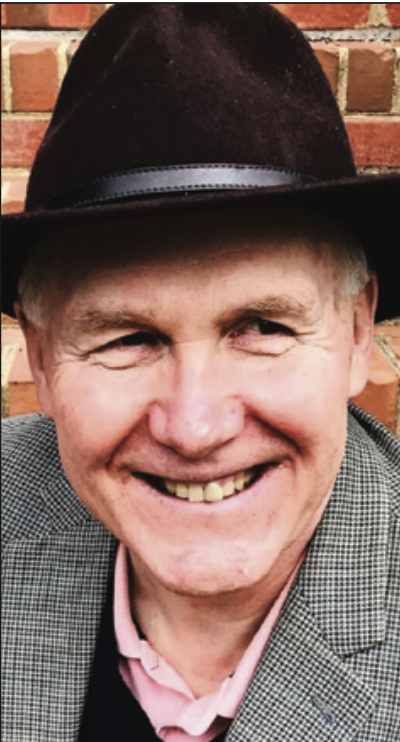Appreciation: Henry L. Marsh III, by Bob Lewis
2/6/2025, 6 p.m.

It could be easy at times to forget that Sen. Henry Marsh was even there, listening quietly from his back-row desk in the Senate of Virginia.
Marsh, who died last week at the age of 91, wasn’t flashy or given to florid oratory. He had long ago tilted at his share of windmills in a consequential career as a civil rights lawyer and political leader who cut a wide swath on behalf of people of color.
The years had taught Henry L. Marsh III to listen harder than he spoke.
It served him well as he continued his fight at an age when most people who have achieved as greatly as he had were peacefully retired.
 Bob Lewis
Bob LewisWhen he did speak, it was softly — just above a whisper — and sometimes haltingly, but his words were heard. They were rooted in the bitter experience of a Black man who had spent most of his life casting Jim Crow’s yoke off his people, so he commanded the attention of friends and adversaries alike.
In a time before political parties became intractable redoubts of hardened and sometimes extreme conflicting ideologies, Marsh’s gentle voice made a difference.
Few people brought the sort of portfolio to the General Assembly that Marsh did.
He had been a classmate and roommate of Doug Wilder at Howard University’s School of Law. Both would become Virginia trailblazers. In 1989, Wilder became the nation’s first elected Black governor.
In 1977, Marsh became the first Black mayor of Richmond, once the seat of a seditious breakaway government formed to perpetuate the enslavement of Black people.
Before that, Marsh had taken up the causes of African Americans’ rights as a young attorney in the small Richmond firm established by his role model, Oliver Hill, a legendary Black litigator whose work led to the Supreme Court’s 1954 Brown v. Board of Education decision that ended segregated public schools in America.
Alongside Hill, Spottswood W. Robinson III and Samuel Tucker, Marsh was part of the legal dream team that attacked institutionalized discrimination in housing, employment, voting rights and Massive Resistance, Virginia’s shameful bid to circumvent Brown.
Marsh not only helped bury the lie of “separate but equal” in the middle years of the 20th century, he had endured disparate levels of public school funding: first-rate facilities, plentiful faculty and brand new textbooks for all-white schools; leaky, substandard buildings where Black children and teachers using textbooks cast off from white schools shivered in winters and sweltered every summer.
That’s why Marsh, a Democrat, was a steadfast foe of Republican efforts to use public school funds for vouchers to help pay the costs of attending private schools and privately run but publicly funded charter schools that operated independently of public school regulations.
In 2000, for the first time since Reconstruction, the GOP held majorities in both the House of Delegates and the Senate. Charter schools legislation, which had floundered in the 1990s, was on track to finally pass.
The Senate was a more collegial place then. The charter schools bill was up for third reading and a final Senate floor vote. The most anticipated words on the bill would come from a genuine lion of the Civil Rights movement.
Marsh could have thundered against what he regarded as a latter-day form of segregation.
He could have banged his fist on his desk and recounted his own compelling childhood story of walking to school while his white contemporaries rode buses, of third- and fourth-hand books and of a cramped one-room school.
He could have gone for the jugular emotionally. He didn’t.
I’ve long since lost my clips and notes from that day. My faded and dusty recollection is that his floor remarks were brief and direct, noting his opposition to diverting public resources away from those with the least.
The bill passed the Senate 21-18 and eventually became law. I do, however, remember asking him in a Capitol hallway afterward why he didn’t invoke his considerable personal history and fill his speech with fury and pathos. His response was so soft I missed it the first time, begged his indulgence and asked him to repeat it. I leaned forward.
“I said I didn’t need to,” he said. “This isn’t about me.”
A quarter of a century later, those two sentences abide with me as the essence of Henry Marsh. It never was about him.
It was about others — the poor, the voiceless, the forgotten.
No life could have a better epitaph.
The writer is a columnist for the Virginia Mercury.






